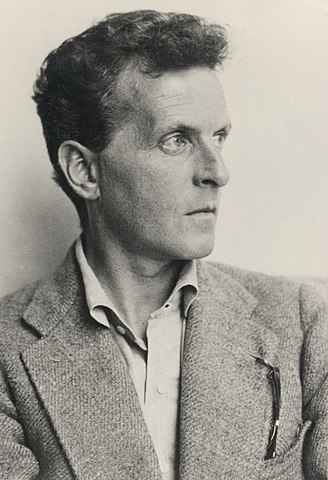
Vince shows us here that complete scepticism and is
- a) absolutely possible because, due to the temporal nature of our existence and its limitations doubt can never be completely erased. Or to put it another way: absolute certainty (not absolute truth, though) is impossible
- b) to quote Wittgenstein complete scepticism is also “obviously nonsensical” otherwise the above would not be funny, only creating severe existential angst.
To know anything at all it is necessary to take certain basic things for granted, to stop questioning somewhere, to trust, to have faith in something. All thought is based on one or several such unquestioned principles and thus, at the very bottom or the very edge of our thought, arguments get circle-shaped.
Secondly it is also neither unreasonable, nor unusual, to use an external authority, a source of information other than my own thought, as the basis for that which one holds to be true. The three questions of Epistemology are “What do we know?” and “How do we know it?” and “How can we be sure?” And a few example runs will show how much we rely on external authority every day.
So we should not feel embarrassed by believing things which others taught us, trusting authorities or withholding our scepticism at some point. Because this is how knowledge works. This does not mean that we ought not to question our believes or our convictions, try to find answers not only to what but also to why we believe. It does help to deal with the fact, though, that these processes tend to be never-ending. and they may make us kinder. It is, with Wittgenstein, a materialist illusion to think that the natural sciences have, of their own account, created a fixed bottom or limit to the possibility of unending scepticism and thus to the questions about our existence. They still need answers and theology and philosophy must be part of that debate.
